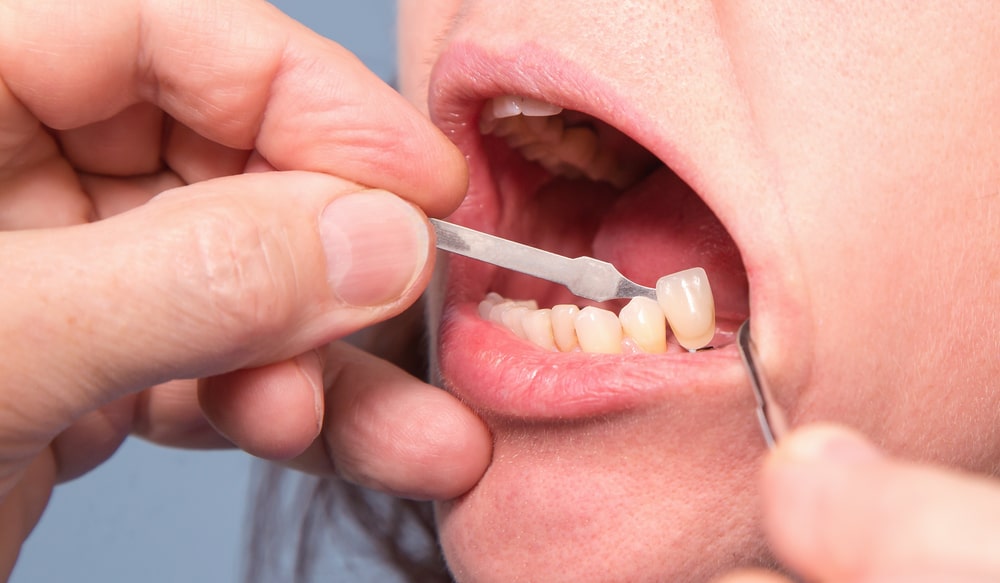A dental crown may be required to save the existing tooth from being extracted. When your tooth reaches the point where it cannot be filled due to the fragility of the enamel or esthetic reasons, your dentist may suggest the use of a crown. You may think that a crown is just one specific type of dental treatment, but there are different types of crowns that are used in a variety of situations. Crowns can be made from porcelain, gold, ceramic, other metals, or a combination of more than one material.
Why are dental crowns used?
Crowns can be used in a few different scenarios. Perhaps you have sustained an injury to your mouth and you now have a broken or partially fractured tooth. A crown is a good option to protect the remaining part of your tooth from further damage. Your dentist may suggest placing a crown on a tooth that has a lot of decay. In some instances, a severely decayed tooth cannot be filled. Misshaped or badly discoloured teeth are also good reasons to use a crown. The placement of a crown will give you an esthetically pleasing look.
Crowns are also used in cosmetic dentistry as part of a tooth implant, bridge, or after root canal therapy. Your new dental crown may take a little getting used to but generally, it will look and feel like a natural tooth. Dental crowns are strong and can last years if taken care of properly.

Dental Crowns
Types of dental crowns
Ceramic
Ceramic or porcelain crowns are ideal for use on your front teeth. These crowns can be created in a variety of shades to match the natural colour of your teeth. It is not recommended to use this type of material for a crown on your molars as the material can become brittle and crack or break under too much grinding pressure.
Porcelain fused to a metal
This type of crown gives you the natural looking beauty of your original teeth combined with the strength of metal. Commonly used for molars, these crowns are stronger than ceramic alone and can withstand more chewing.
Gold crowns
Gold crowns often combine the use of a few different metals. They may consist of gold with copper or other similar types of metals. These types of crowns are strong and extremely resistant to breaking or fracturing. An ideal choice for longevity.
Base metal crowns
Base metal crowns combine metals with non-noble metals giving you the strength you need with a gentler approach. This type of material works well up against your natural enamel.
Getting a crown can help fill in gaps from missing or damaged teeth and provide you with an esthetically pleasing smile. Ask your dental professional what type of crown is best suited to your mouth.


